Hydroxypropyl Methylcellulose (HPMC) is a vital additive in dry mortar formulations, contributing significantly to its performance and quality. In the construction industry, dry mortars are essential for various applications such as masonry, plastering, tiling, and flooring. HPMC plays a major role in enhancing the workability, adhesion, water retention, and overall quality of dry mortars. We have compiled this blog to explore the impact and main functions of HPMC in dry mortar. Let’s have a quick look at the key properties and benefits.
Introduction to HPMC in Dry Mortars
Hydroxypropyl Methylcellulose, commonly known as HPMC, is a non-ionic cellulose ether derived from natural cellulose. It is obtained by chemically modifying cellulose through etherification with propylene oxide and methyl chloride. HPMC is widely used in construction materials, pharmaceuticals, food products, and cosmetics due to its unique properties, such as water retention, thickening, film-forming, and adhesive capabilities. The application of HPMC in dry mortar is majorly as an additive to improve various performance aspects and improve consistent quality.
Enhancing Workability and Spreadability
One of the primary roles of HPMC in dry mortars is to enhance workability and spreadability. HPMC acts as a rheology modifier, imparting a creamy consistency to the mortar mix, which facilitates easier handling, application, and finishing. The addition of HPMC improves the mortar’s flow properties, reducing friction between particles and substrates, thereby giving a smoother and more uniform application.
Improving Adhesion and Bond Strength
Adhesion is an important factor in the performance of dry mortars, especially in applications such as tile adhesives, renders, and plasters. HPMC improves adhesion by forming a thin, flexible film over the substrate surface, which enhances the strength of the bond between the mortar and the substrate. This film-forming property of HPMC provides better adhesion even on challenging substrates, resulting in durable and long-lasting mortar installations.
Enhancing Water Retention and Workability Time
Water retention is essential in dry mortars to prevent premature drying and sufficient hydration of cementitious materials. HPMC acts as a water retention agent, absorbing and retaining water within the mortar mix, prolonging the workability time, and extending application windows. This improved water retention also contributes to better hydration of cement particles, leading to enhanced strength development and durability of the hardened mortar.
Minimising Sagging and Shrinkage
Sagging and shrinkage are common issues encountered in vertical and overhead applications of dry mortars, such as renders and plasters. HPMC helps minimize sagging and shrinkage by imparting thixotropic properties to the mortar mix. HPMC’s impact on dry mortar helps maintain its consistency and stability during application. It becomes more fluid under shear stress so that it can flow and settle into place without slumping or sagging.
Ensuring Consistent Performance and Quality
Consistency is key in construction, and HPMC plays a key role in the consistent performance and quality of dry mortars. By controlling the rheological properties, water retention, and adhesive strength of the mortar mix, HPMC helps maintain uniformity in application, setting, and curing processes. This consistency not only enhances the overall performance of the mortar but also improves the efficiency of construction operations, leading to higher productivity and cost savings.
Wrapping Up
In conclusion, Hydroxypropyl Methylcellulose (HPMC) is a versatile additive that significantly impacts the quality and performance of dry mortars in construction applications. Whether used in masonry, tiling, rendering, or flooring, HPMC plays a vital role in optimizing the performance, durability, and efficiency of dry mortar systems, making it an indispensable ingredient in the construction industry. If you are in search of a reliable chemicals manufacturing company to get your hands on HPMC, Midland Chemicals is the best option. Get in touch with us today and order the chemicals you need.

